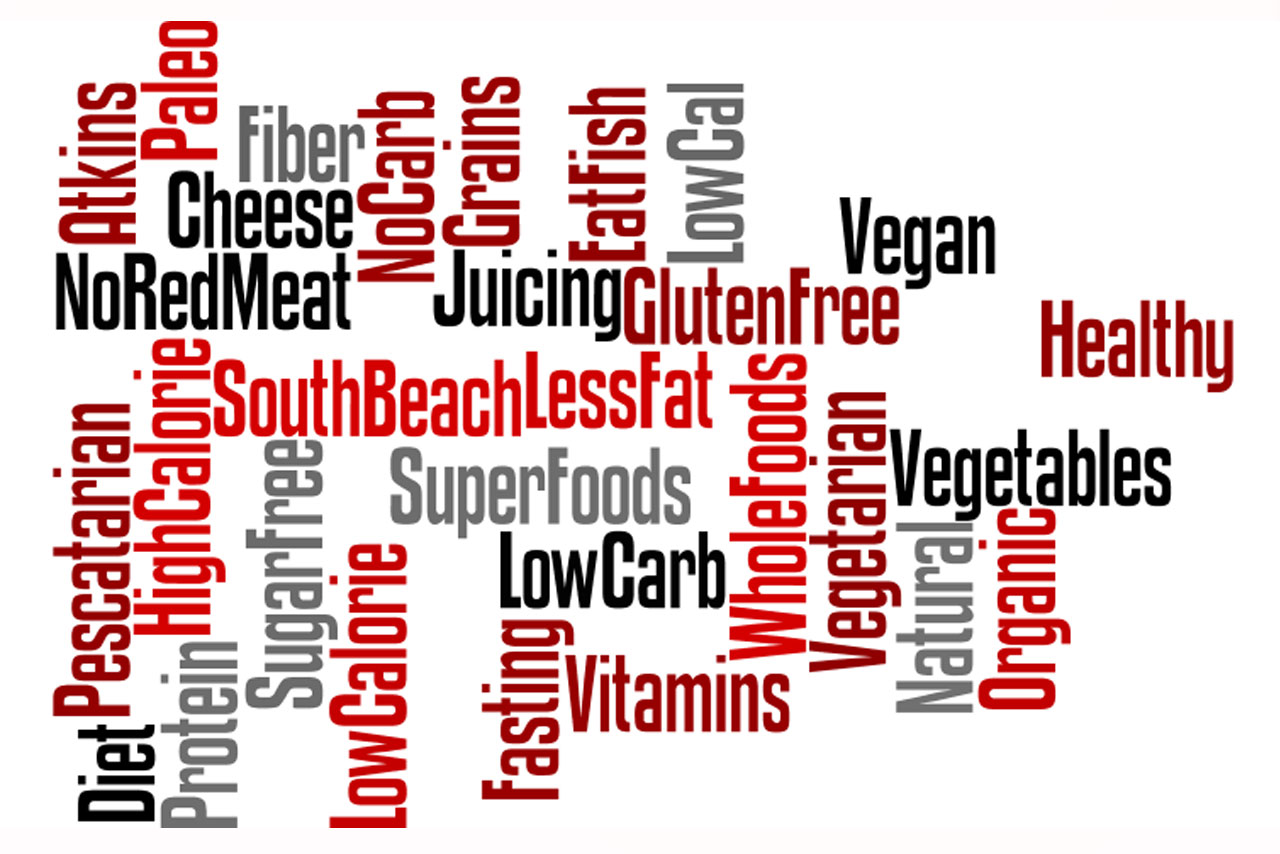It seems that somebody always has something to say about what we should and should not be eating.
With all the different types of nutrition advice out there, it’s hard to know what to believe. All of this conflicting information causes stress and confusion that after some time leads to mistrust of all nutrition and health recommendations. However, it doesn’t have to be that way!
Here are some quick tips to help you be a critical viewer of nutrition messages in the media.
- Look at the author’s credentials. Anyone from journalists to doctors makes reports on diet quality. It’s important to understand where these people got their information and that they might not be nutrition professionals. In fact, doctors typically take less than one nutrition course during their years of training. Registered dietitians (RDs) are the best source for nutrition information and advice
- Read beyond the headline. The title may only present part of the information. Diet books and articles are meant to be best sellers and may not convey the best nutrition advice.
- If the information came from a study investigate its origins, including the funding source. If a certain special-interest group funds a study, the results could be bias. Look for information from multiple, credible sources.
- Be wary of diet claims that eliminate a food group or have “always” or “never” lists. Your body needs a variety of nutrients including carbohydrates, proteins, and fats. Eliminating or dramatically increasing or decreasing one of these major groups can be harmful to the body and is likely not sustainable long term. Try to stick to the MyPlate food group recommendations.
- There is no such thing as good and bad foods. Unless you have an allergy, there is no reason to exclude specific foods from your diet. All foods can fit into a healthy and balanced diet.
- Avoid quick fixes. If something sounds too good to be true, it probably is. This is a classic sign of a faulty diet fad.
- Find an expert to provide personalized guidance. Every body is different so there is no one-size-fits-all eating plan to provide long-term success.
Schedule a nutrition consultation
Health Promotion and Wellness offers free, individual diet analysis and nutrition guidance for those striving to improve their lifestyle. Faculty, staff, and students can meet one-on-one with the Health Promotion and Wellness nutritionist in a confidential setting at no cost.
Participants need to complete a three-day food diary and a health questionnaire available online prior to their nutrition consult. Forms may be returned via email to wellnessnutrition@IllinoisState.edu, by campus mail to 2120, by fax to (309) 438-5003, or by hand-delivering to the main Health Promotion and Wellness office in 187 McCormick Hall.
Health Promotion and Wellness also provides presentations for campus groups and organizations. Please contact our office at (309) 438-WELL (9355) to request this service.

